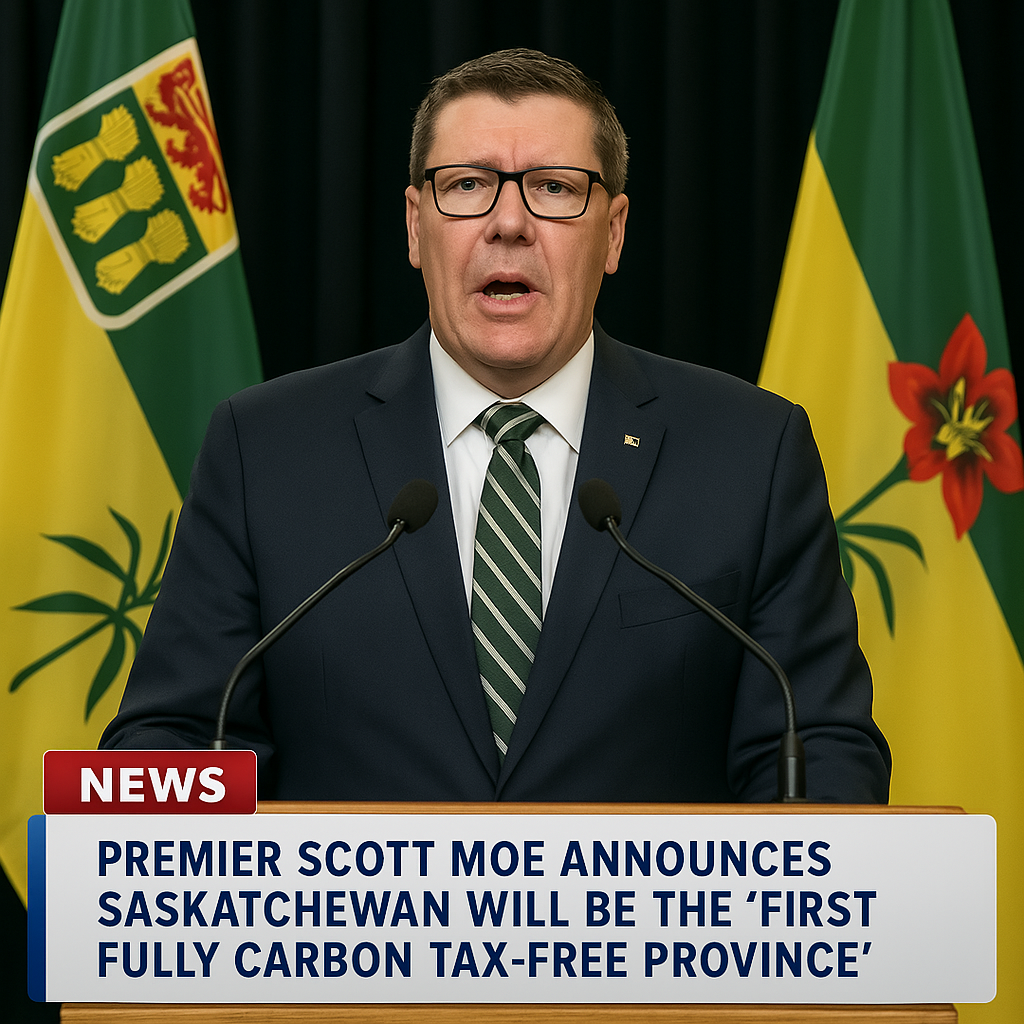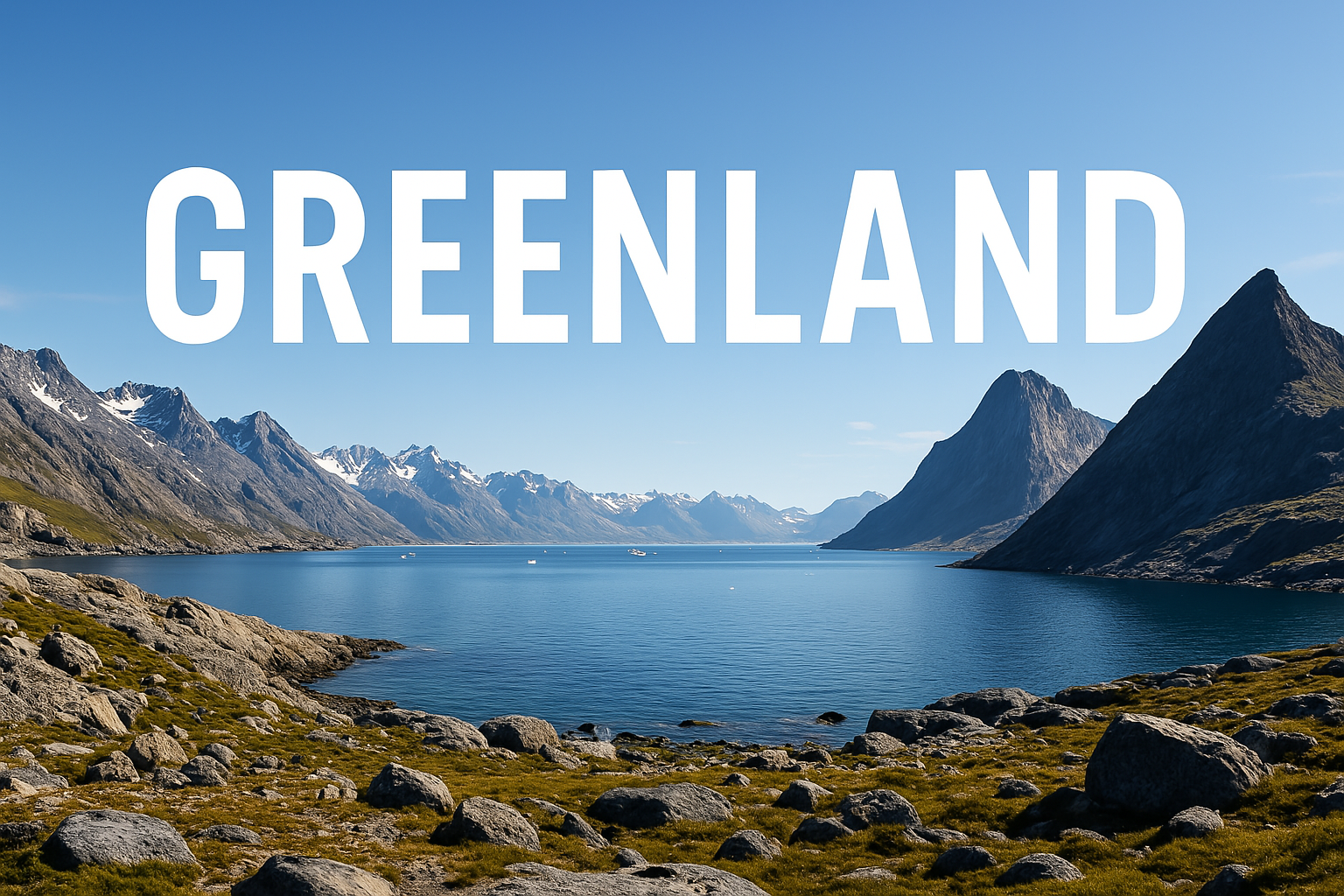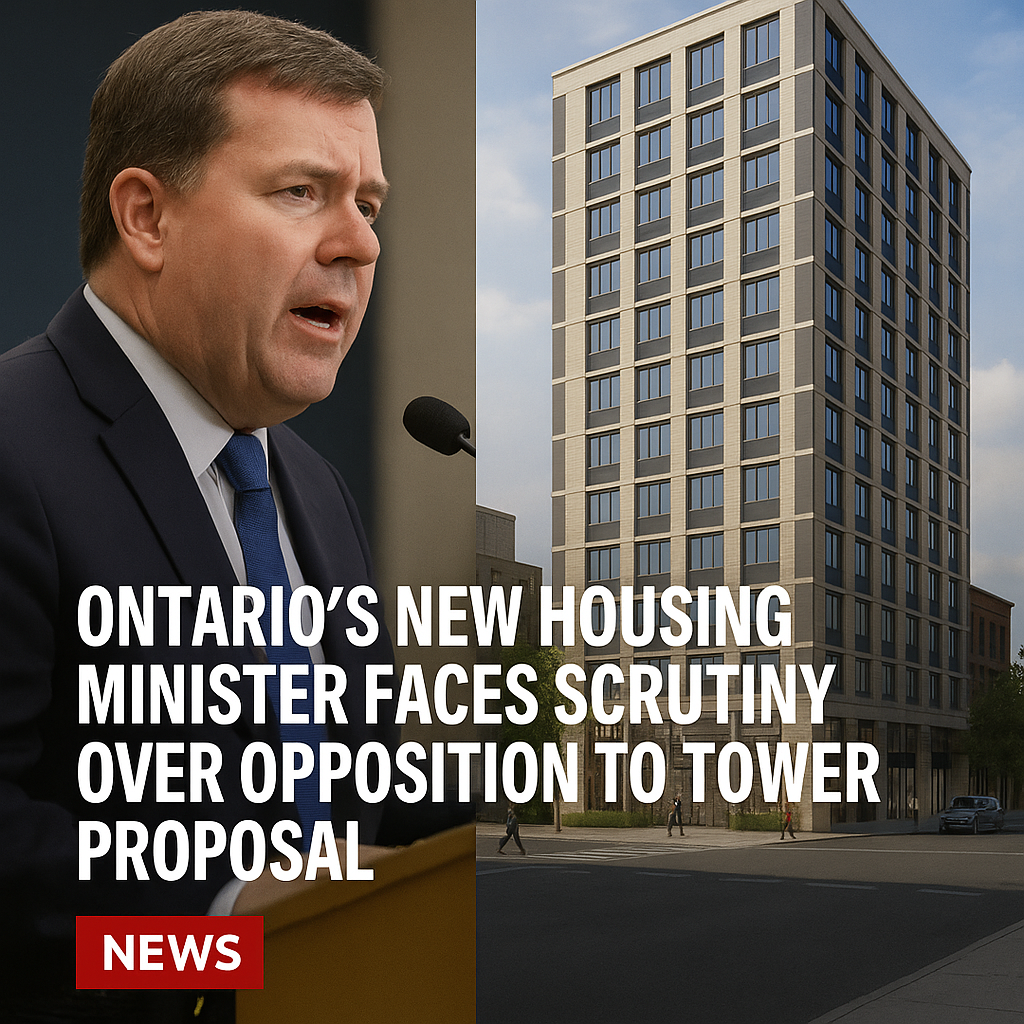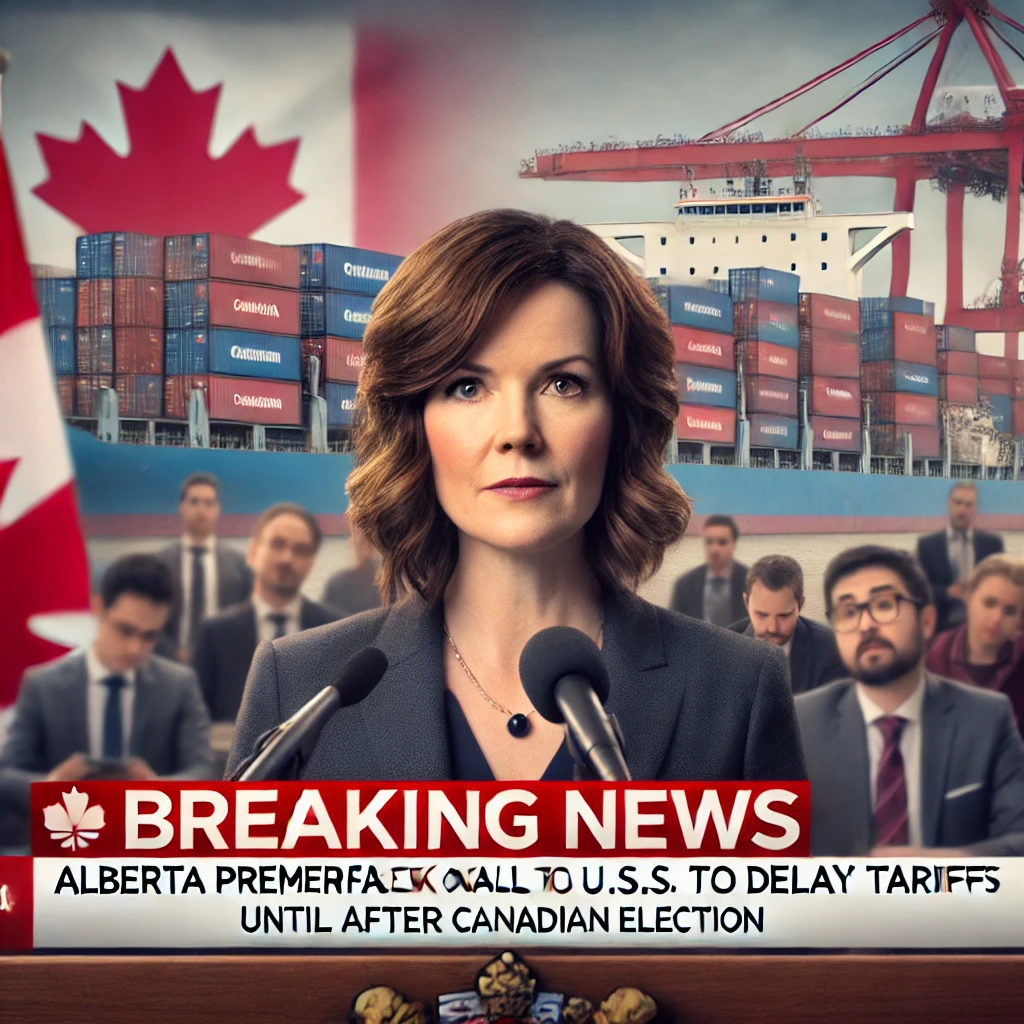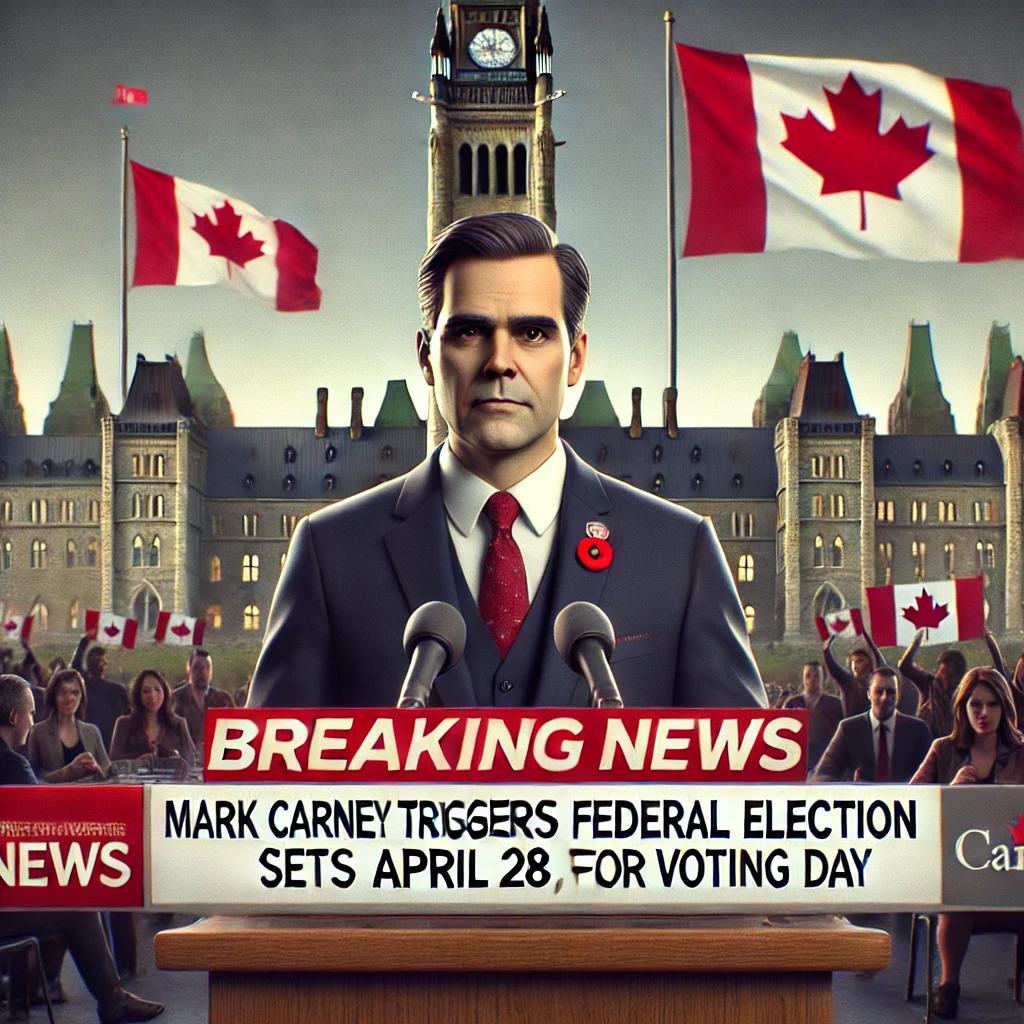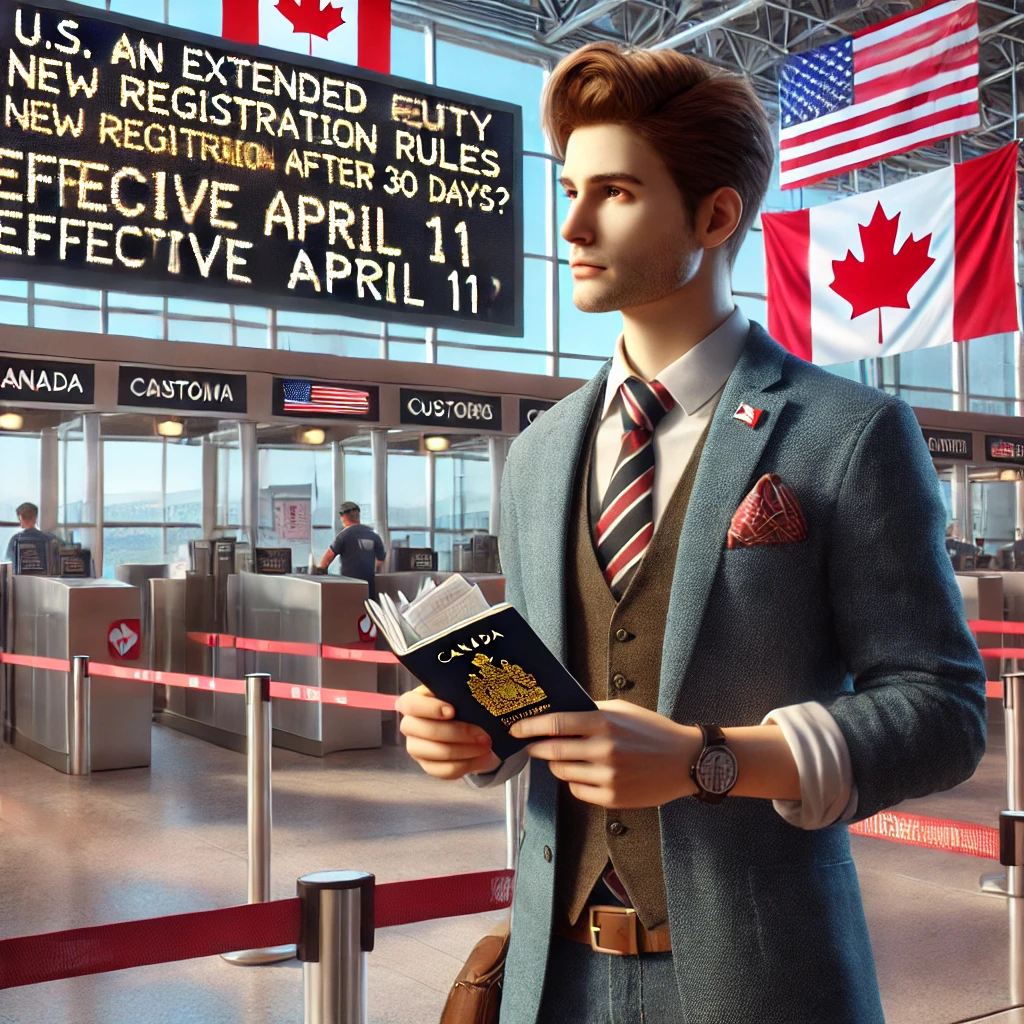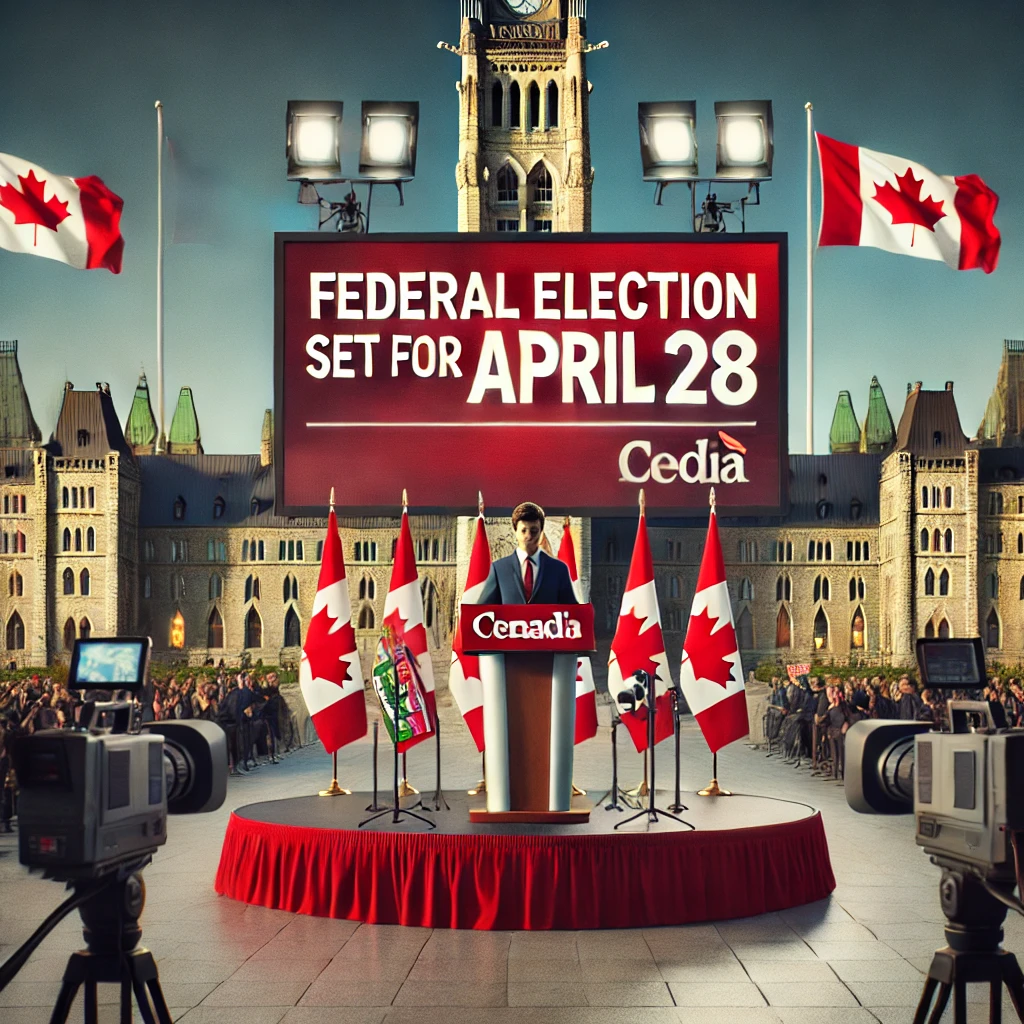WASHINGTON — As the clock ticks toward April 2, the date U.S. President Donald Trump has dubbed “Liberation Day,” uncertainty surrounds the scope of his much-hyped reciprocal tariffs. While the administration initially positioned the move as a broad global response to unfair trade practices, Trump signaled Monday that some countries may be spared.
“I may give a lot of countries breaks,” Trump told reporters during a White House event, declining to specify which nations could see exemptions. His comments follow reports from Bloomberg and The Wall Street Journal suggesting the tariffs could end up being far narrower in focus — targeting only certain nations and sectors.
Targeted Tariffs on Deck
In addition to the reciprocal tariff plan, Trump said additional levies on automobiles, lumber, and semiconductors are in the pipeline. “We’ve been ripped off by every country,” he declared, asserting the new tariffs would raise “astronomical” revenue for the U.S., potentially allowing taxes to stay low or fall further.
The administration’s trade strategy, Trump insists, is already paying off. At the same press event, he announced Hyundai’s plans to build a steel plant in Louisiana and expand its auto manufacturing in Georgia — developments hailed as evidence that his tough approach is producing results.
Canada and Others Push for Exemptions
Canada, among other close allies, has been lobbying for exemptions from the new tariffs, as well as others already imposed earlier this month. Talks in Washington over the past several weeks have left Canadian officials “cautiously optimistic” that a deal might be reached.
However, with Canada’s trade deficit with the U.S. exceeding US$60 billion, it could land on the administration’s radar. That figure, however, is misleading — largely driven by energy imports. When energy is excluded, the U.S. actually runs a surplus with Canada.
Adding further uncertainty, April 2 also marks the expiration of a temporary exemption on auto parts and other goods traded under NAFTA rules. Those items have been subject to 25% tariffs since March 4, aimed at pressuring Canada and Mexico to crack down on fentanyl trafficking.
Election Politics in Play
Prime Minister Mark Carney, who launched a federal election campaign Sunday, commented from the campaign trail that meaningful negotiations with the U.S. may need to wait until after Canada’s April 28 election.
“The president is waiting for the outcome of the election to see who has a strong mandate from Canadians,” Carney told reporters in Gander, N.L. Under the caretaker convention, Carney can still respond to urgent issues, such as trade actions, even during the election period.
The “Dirty 15” Strategy
According to Treasury Secretary Scott Bessent and White House Economic Adviser Kevin Hassett, the April 2 tariffs will focus on a small group of countries with the highest trade surpluses and most protectionist barriers — the so-called “Dirty 15.”
“These are the worst offenders,” Bessent said in a recent Fox News interview, while Hassett suggested the real focus is on 10 to 15 nations that erect high tariffs and non-tariff barriers against U.S. goods.
Rather than triggering a global tariff war, Bessent suggested countries would be presented with a “reciprocal tariff number” — a benchmark based on their existing trade barriers. From there, they could negotiate down or eliminate the issue by reforming unfair practices.
“I’m optimistic that once countries see their number, they’ll want to talk,” Bessent said.
Expanding the Trade Front
Meanwhile, Trump extended his global trade crackdown on Monday by announcing secondary sanctions — including 25% tariffs on countries purchasing oil or gas from Venezuela.
Tariffs on foreign steel and aluminum remain in place, and Trump hinted at future tariffs on European goods and even pharmaceuticals, continuing his aggressive push to slash America’s US$1.2 trillion trade deficit.
As April 2 approaches, allies, trading partners, and U.S. businesses are bracing for impact — or hoping to be spared altogether. The question remains: who’s on the list, and who gets the break0.
